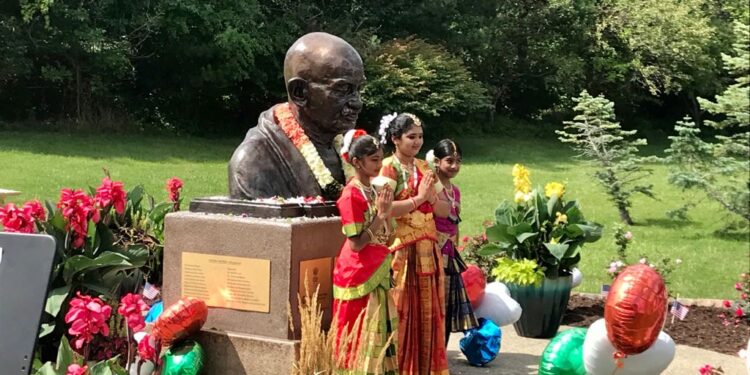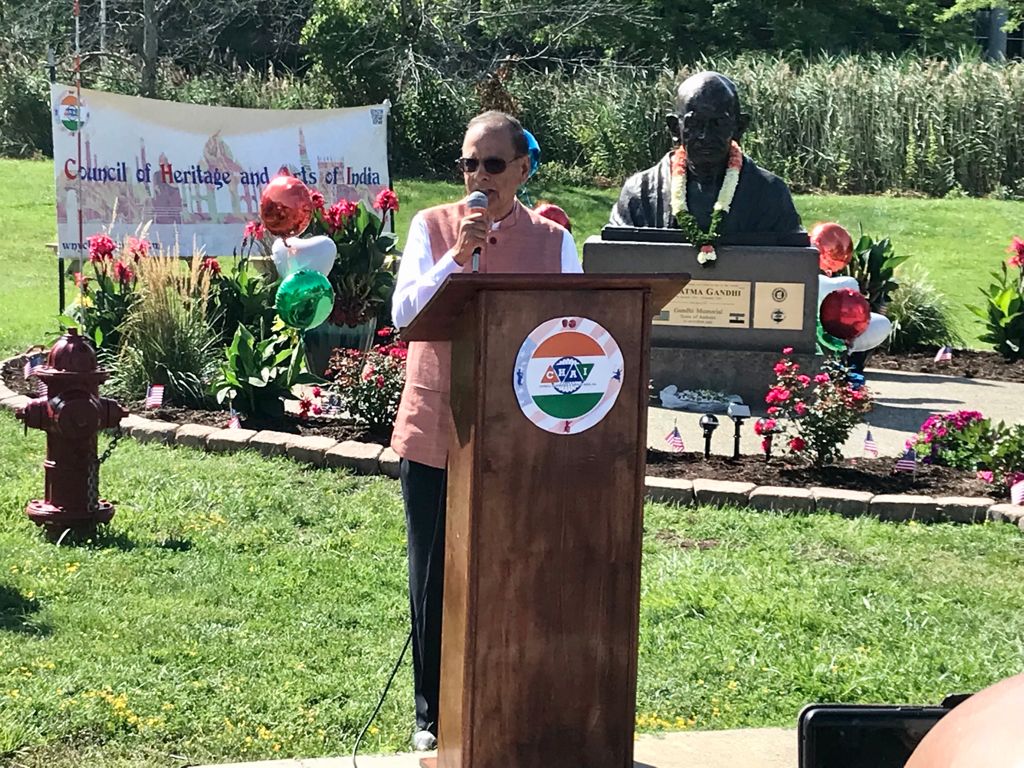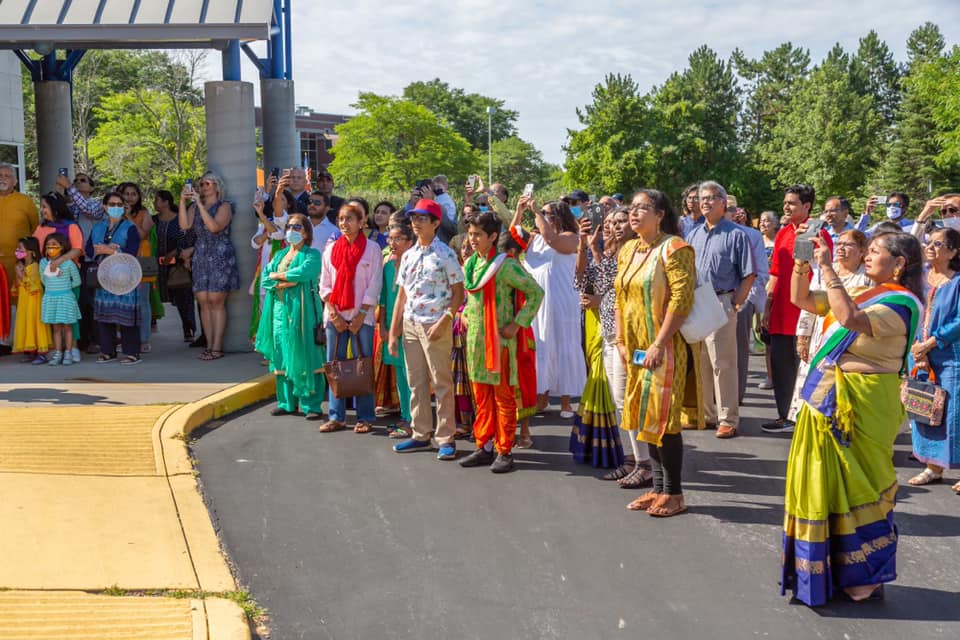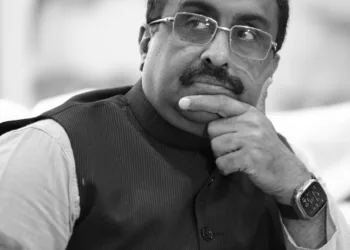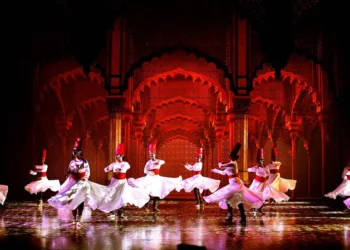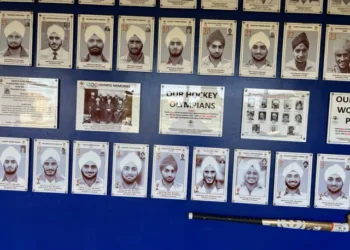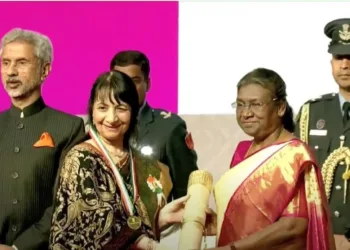The first generation of Indian expatriates feels concerned about the need to keep the next generation connected with Indian heritage
By Dr Suparna Soni
From a political perspective, India and the United States are two separate nation-states. Yet, several characteristics connect us, especially respect for democratic values, global community, individual national sovereignty, and the national flag. In addition, several other factors provide common ground conducive to the Indian diaspora, such as familiarity with the language (unlike many other nations), quality of education, and welcoming culture that brings a significant number of the Indian diaspora to this country and enables them to survive and thrive with dignity. Furthermore, the liberal democratic values also allow the Indian community to celebrate their national and cultural heritage with pride and freedom and government support at the local level.
The celebration of Indian Independence Day on foreign soil of the United States of America imbues the Indian diaspora with a unique sense of pride. Singing the Indian national anthem, remembering the sacrifices of freedom fighters, and displaying Indian culture with dance, song, and food are some of the examples that fill the Indian diaspora’s hearts with emotion and pride.
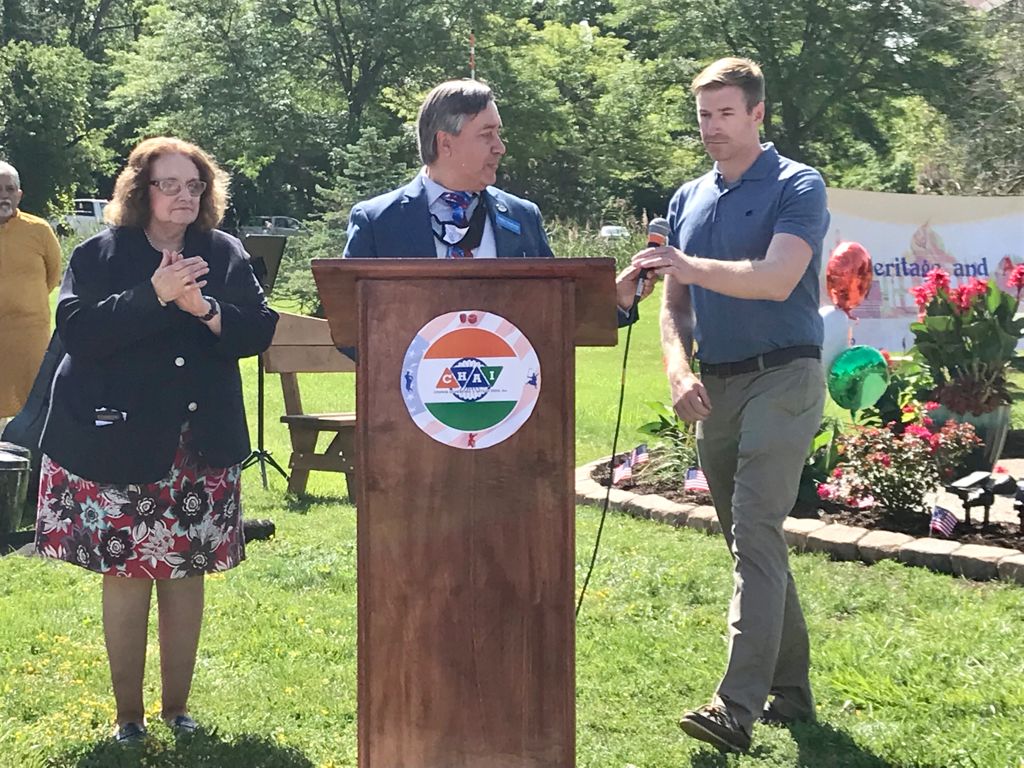
Although people attend such events for varied reasons, the common thread that connects them all is to gather and celebrate the glorious history of the Indian struggle for freedom and the 75th year of Indian independence. The first generation immigrants (born and raised in India) possess a greater sense of connectedness and linkage with Indian heritage and legacy. Hence, they proudly and diligently come to celebrate Indian Independence Day each year. The question remains how the first generation passes on this legacy to the next generation so that the tradition of celebrating Indian Independence Day endures, generation after generation.
I got an opportunity to interact and interview several attendees at the flag hoisting event, including the Indian diaspora and the local public servants of upstate New York. Many individuals of Indian origin – who are very well settled and reputed – attended the flag hoisting event and were nostalgic. Dr Satish K. Tripathi, president of the University at Buffalo, said that the first generation feels homesick, and the event takes them down memory lane. Dr Tripathi said, “I remember getting up and getting ready in the early morning and going for prabhat pheri (parade) at 8 a.m., hoisting the flag, and then getting sweets.”
He also proudly recollects the sacrifices of our forefathers and freedom fighters who gave us an independent nation to live in and flourish.
However, he pointed out, the event often does not mean much for the second generation, born and raised in the US, and they sometimes have to drag the kids to such events. But Dr Tripathi emphasised that even though our kids may experience dissociation, we must keep them rooted. We should pass on the legacy and the story of Indian independence to the next generation by keeping them connected with India and Indian heritage.
Sharing similar thoughts, Dr Hema Bhakoo, a retired scientist, feels allegiance to both lands – India and the US. As she was born and raised in India and came to the US for higher studies and work, she looks upon India as her motherland that nurtured her and has a sense of loyalty and attachment. At the same time, she calls the US her fatherland, which sustained her, gave her opportunity, and enabled her to earn and have a good life. So the Indian Independence Day celebration means the world to her. Dr Bhakoo equally feels it is essential to inculcate these feelings in the next generation. She underscores that our kids should not forget their parental roots, parental heritage, and culture. It is easier for the next generation to adapt to the new environment and be critical and dissociated from their parental roots. Hence, she says, our responsibility as parents is to continue practising and celebrating our culture and national events and pass on the legacy to the next generation. However, she underlines that parents can play their part and leave it to the next generation to take it further.
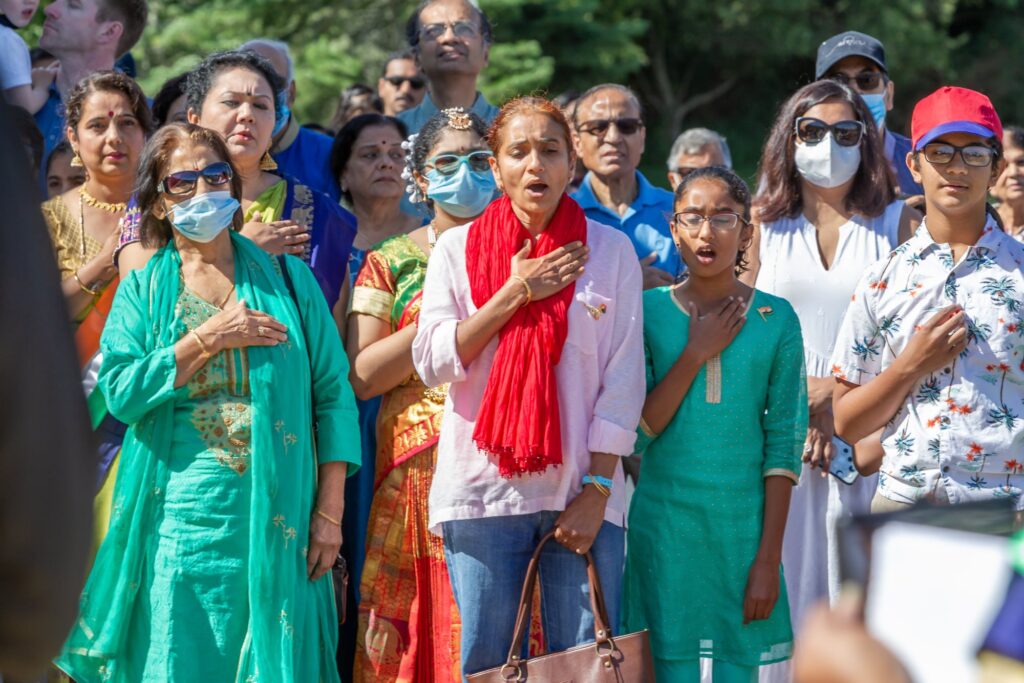
Bhushan Puradupadhye, a software engineer, also shared similar thoughts and feelings. He wants his child to know about India’s struggle for freedom – the sacrifices our freedom fighters made to wrest freedom from British rule. As we need to expose them to the richness of Indian culture and traditions, bringing them to these events serves the purpose. He laughs, “As a kid, I rarely put questions to my parents. But our kids ask many questions, Why are you doing this? What does this mean?” He points out that Indian kids raised here do not learn about the Indian freedom struggle in school. However, often our kids ask relevant questions that we don’t have answers to, which often makes us search for the answers. Puradupadhye believes it is up to parents to keep the kids connected to the roots. He states that we should at least try to inculcate our values in our kids and leave it to them to carry them forward.
Thus, the Indian diaspora is sincerely trying to pass on Indian heritage and legacy to the next generation. Yet, the community has its concerns. For instance, Dr Tripathi mentions that although he feels proud of the contributions of the Indian community and the respect Indians receive in the US (without being discriminated against), he is sad about the fact that when he goes back to India, he still witnesses discrimination and stereotyping in our homeland.
For example, people from Uttar Pradesh are called bhaiya in Mumbai (even though they contribute significantly to the economy), and people from Bihar in Delhi (even though many IAS officers and economists are from Bihar) are called and perceived as “Bihari” – derogatory terms indicating backwardness. Hence, there are issues that we need to work on because our own families and friends are affected in India. Moreover, bringing about positive change in India will also help the next generation in the US to be less critical and more rooted in their origins.
(The author is Associate Professor, State University of New York, Buffalo.)


